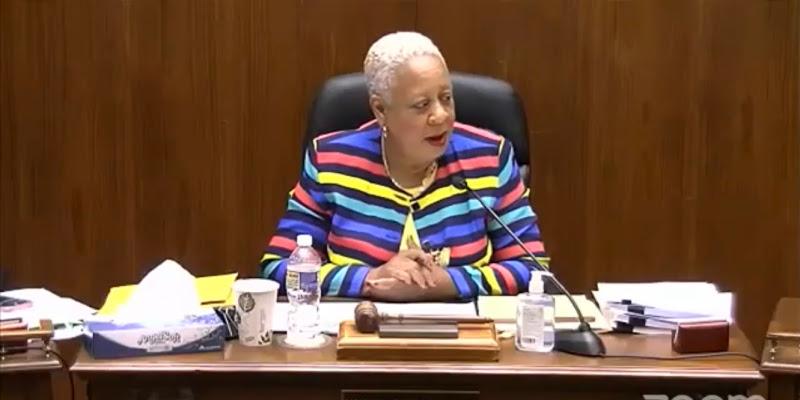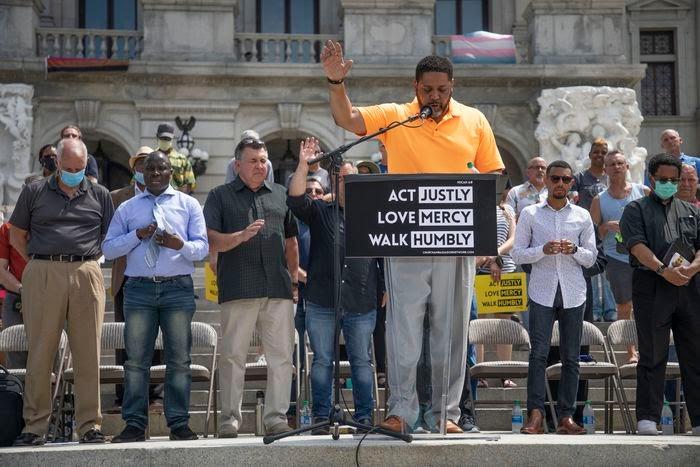With federal pandemic relief funds on the horizon in Harrisburg, Pennsylvania, a plan to refinance the city’s decades-old municipal debt has caused a dispute between the city council and the mayor, which surfaced during a city council meeting on Tuesday night.
Harrisburg City Council President Wanda Williams and Vice President Ben Allatt, who is also the finance chair, recently halted debt refinancing legislation proposed by Mayor Eric Papenfuse from moving forward. The proposed legislation would refinance the city’s $25 million debt to reduce the current interest rate of 6.75 percent by half at a cost of $400,000 in legal fees and financial services.

